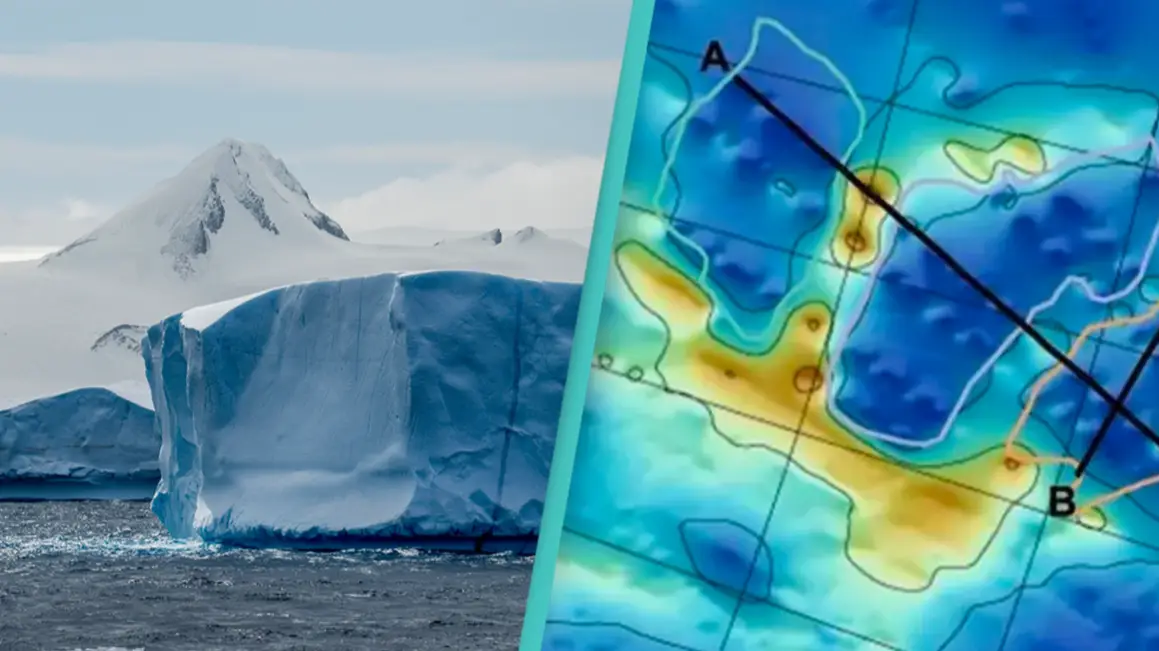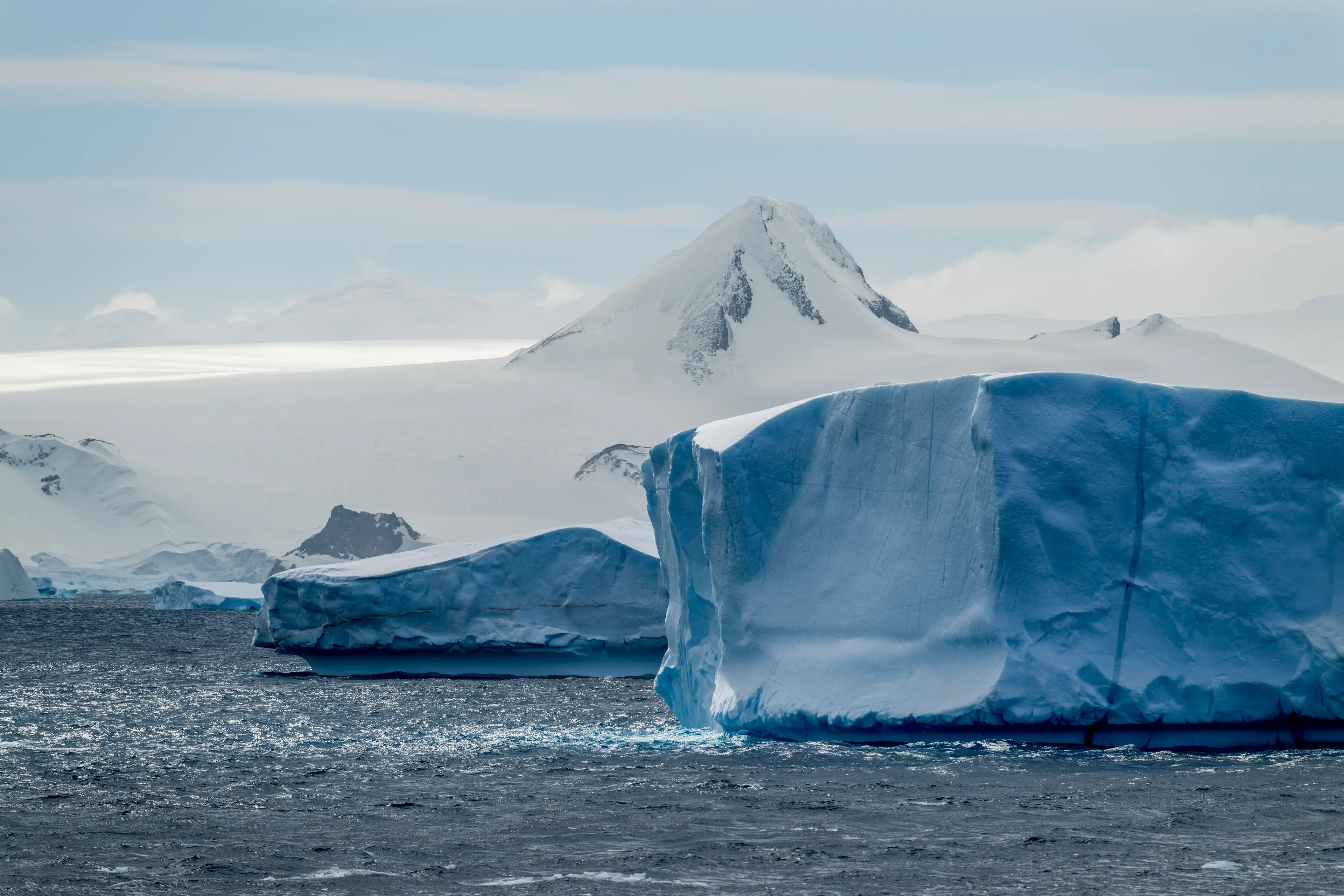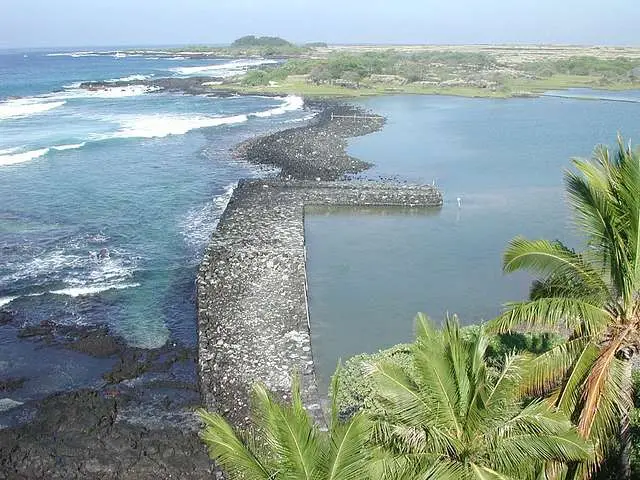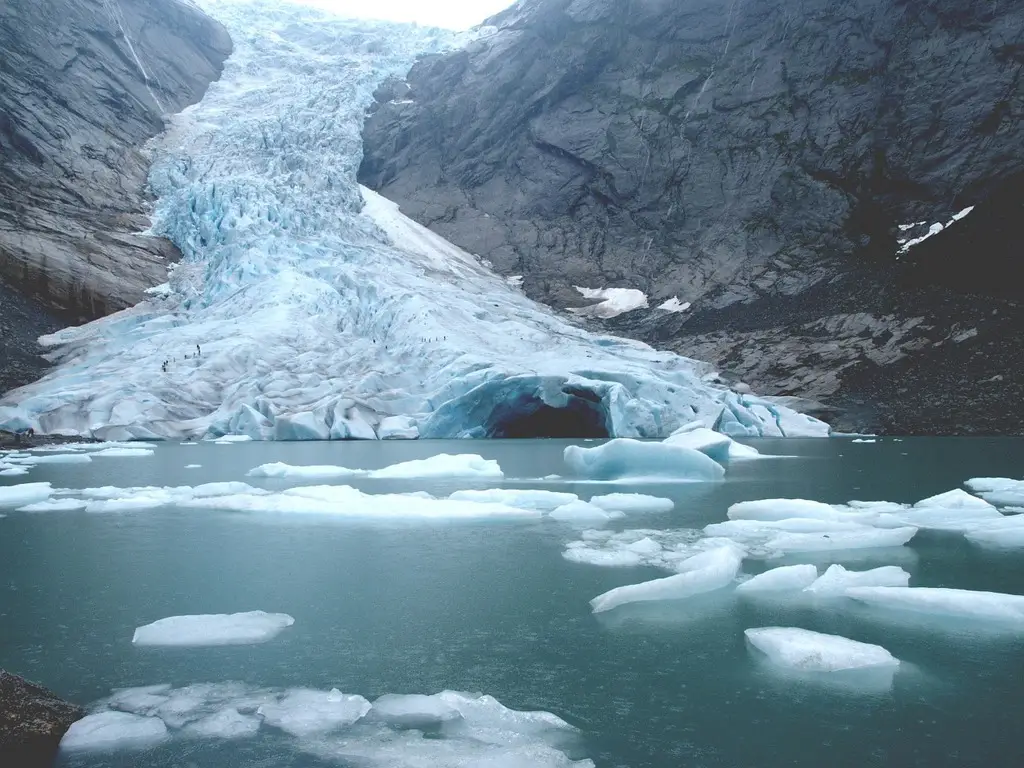
The amazing discovery of a landscape bigger than Belgium has been an incredible feat for the community - but what’s the catch?
After scientists recently found the hidden gem buried beneath layers of ice for approximately 34 million years in Antarctica, it was discovered that it was a large piece of land with hills and valleys carved out by ancient rivers.
Prior to it's recent discovery, it was unlikely that any human has ever looked upon it as it surpasses our habitation of Earth.
Advert
Glaciologist Stewart Jamieson, told AFP: "It is an undiscovered landscape — no one's laid eyes on it.
"What is exciting is that it's been hiding there in plain sight."
But a new update on the area could ring disastrous for us humans and our world as we know it.

Due to the tumultuous conditions of the Earth’s sea levels and quickly melting Antarctic ice caps means that if we can now see this island underwater through layers of thick ice, then there’s trouble potentially looming if it melts all the way to the surface.
At the time, Jamieson warned that it was unclear what could cause a 'runaway reaction' that would cause the ice to melt, and that the landscape being exposed would be a ‘long way off’.
However, it might not be that far away.

A two papers were published in Science Advances by a team from four institutions, who'd peeked at the environment underneath the Denman and Scott Glaciers in East Antarctica, that found that there is an acceleration of ice melting.
They found that the two glaciers could add up to five feet to rising sea levels rise if they ever melted.
And when looking underneath the surface, the team also found that there are long rivers of freshwater - which isn't as dense as saltwater - flowing from inside of the ice sheets out toward the coast due to geothermal heat warming the underside of the glaciers.
So what happens when freshwater fuelled by geothermal heat is thrown into the ocean?
Well, there’s a chance that it will draw back warm ocean water closer to the underside of the ice, where the grounding line is, melting the ice shelf faster.

Scripps Institution of Oceanography glaciologist Tyler Pelle, the lead author of the new paper, explained: “As we thin the ice shelf, we're essentially weakening this dam.
“This is especially important at the grounding line, just because it is that glacier’s very last contact point with the bedrock.
We're essentially, at this point, thinning the most sensitive part.”
Though scientists were already aware that freshwater creates faster melting conditions, they hadn’t ‘modeled how these very localized melt enhancements could drive glacial retreat on century timescales, which is what's important in terms of sea level rise’.
“We think that we could really be underestimating Antarctica's global contribution to sea level rise, because we're not accounting for this process,” Pelle added.
He also told CNN that the 'huge ice masses' they'd thought were stable had been in 'patterns of retreat for quite a long time now'.
And if changes aren't made soon then future generations are at risk, researchers have said.
“That makes it very worth the attention.” Pelle said.
Topics: Science, Technology, News, World News
